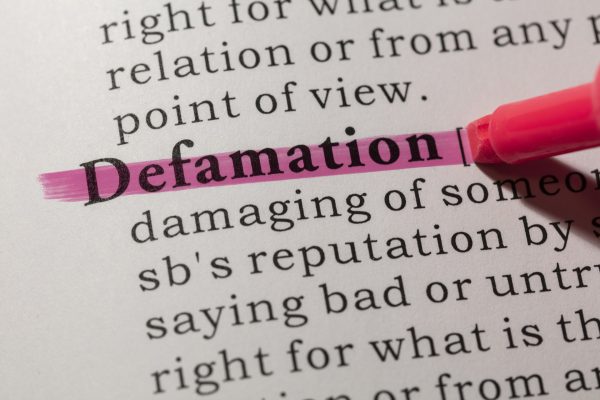There was a time in the not-so-distant past when the reputation of a business was based on local knowledge and word of mouth, with perhaps a good (or bad) review in a local paper or a national paper.
Now, as any business owner is aware, reputations can be falsified, enhanced and destroyed by the monster that has become fake online reviews.
In 2017, Oobah Butler succeeded in making his shed the number one restaurant on Trip Advisor using fake reviews. “The Shed at Dulwich” had a website showing plates of food created using household products including shaving foam and dishwasher tablets. After it was officially accepted onto Trip Advisor, Oobah Butler spent six months asking friends to post fake reviews, and by 1st November 2017, it was London’s number one rated restaurant. As amusing a parody as this is, it laid bare the lack of moderation and fact checking that permits the publication of fake reviews in their thousands.
The internet and social media platforms are now awash with various forms of fake reviews created by bots or promoted by “influencers” and marketing agencies, many of which originate from outside the UK, to manipulate review site algorithms.
Trustpilot has recently won in court against two firms, Euro Resales and The Dental Exerts, who posted 2360 fake testimonials from fictional customers praising them. Trustpilot used specialist software to detect the fake reviews by tracking the IP addresses from which the feedback was posted.
The two firms were ordered to pay £8000 in damages between them which, a Trustpilot representative said, would be donated to Citizens Advice.
Tripadvisor’s latest transparency report identified and removed 1.3m fake reviews last year, with 72% caught before being posted. The removed posts included 24,521 associated with paid-review companies.
Entirely fake reviews differ from defamatory reviews and we have written several legal updates on the difficulties and expense of litigation under the Defamation Act.
In an ongoing matter, where Trustpilot is the defendant and the claimant is a legal firm, this is one of the first cases where proceedings have been brought against a review site – and not the individual reviewer – for defamation.
At a preliminary hearing, the judge considered the content of twenty reviews referring to the firm as “absolute liars” and an “absolute disgrace”, “total scumbag”’ and also as a “legal vile robo firm of solicitors” who relied on “bullying tactics” to force people to pay penalty notices.

On average 55 vulnerabilities are identified daily.
What can I do?
Review your organisations priorities and ask ‘can we afford a breach?’. What do I do during an incident? Who do I involve? When do I involve the ICO?
If you’re unable to answers these questions, you need help from the experts.
The judge found each review’s meaning was defamatory at common law and consisted of a mixture of statements of fact and expressions of opinion.
The judge said: “The Trustpilot website is an open platform on which anyone can write a review of their experience of the claimant and, in doing so, rate the claimant’s performance. They do so in their own words and the language used, and the tone of that language, will no doubt reflect the quality of that experience. The narrative provided by reviewers in these circumstances is one that the reasonable reader will understand as factual and when the reader sees that the claimant is described as a ‘scumbag’ or ‘absolutely shocking’ or ‘run by parasites’ the reasonable reader will understand that as the reviewer’s opinion of the claimant, based on the facts relating to their experience.”
Trustpilot is defending the claim which is to proceed to a substantive hearing, their position being that context is key when determining whether online review content is defamatory. They argue that visitors to their site have searched for specific reviews and will see the good with the bad concurrently.
Trustpilot also says the judge “broadly accepted” its argument that critical words on the Trustpilot platform – such as “scam” or “fraud” – should generally be understood as opinion, not fact, and expressed on a medium where people tend to post in less inhibited ways.
It will be interesting to see how the case is decided, given the implications in respect of what is and is not acceptable language when posting online about a negative experience with a business.






